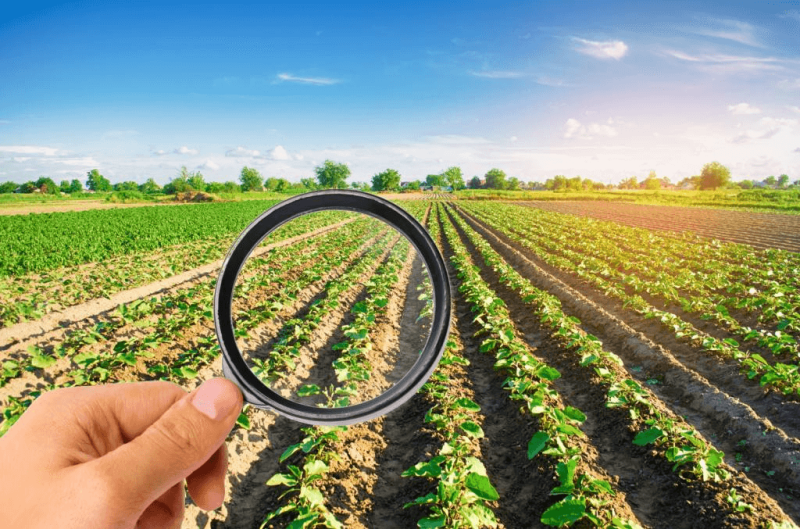The debate on methods and techniques of agricultural production is usually fought between two extremes: large-scale agriculture, made in a predatory way, and that of organic agriculture, which serves subsistence, or a gourmet market, niche. None of these extremes are sustainable.
Large-scale agriculture, which can produce enough —or nearly—to feed seven billion people, consumes an increasing amount of bad chemical fertilizers and pesticides for the environment, uses around 70 percent of the planet’s available fresh water, and accounts for one-third of the release of greenhouse gases and causes various ecological imbalances.
Organic management applies more sustainable ideas such as crop rotation and soil recovery with organic fertilizer, but to achieve the same production as conventional agriculture, it would need more land and more water, because the yield per hectare is lower. In other words, it would not be sustainable on a large scale.
If the goal is to decrease the use of pesticides and chemical fertilizers, it makes no sense to veto genetic modification technologies that can generate plants that are more resistant to pests. On the other hand, organic fertilizer and crop rotation that allow the soil to be recovered may deserve more subsidy and attention than the fertilizer industry.
We need real strategies to preserve the soil, use less water, less land and reduce greenhouse gases. There are technological strategies and organic management techniques that fulfill this role, but that need to be integrated, coming out of their ideological boxes.
[Editor’s note: This article was originally published in Portuguese and has been translated and edited for clarity.]































